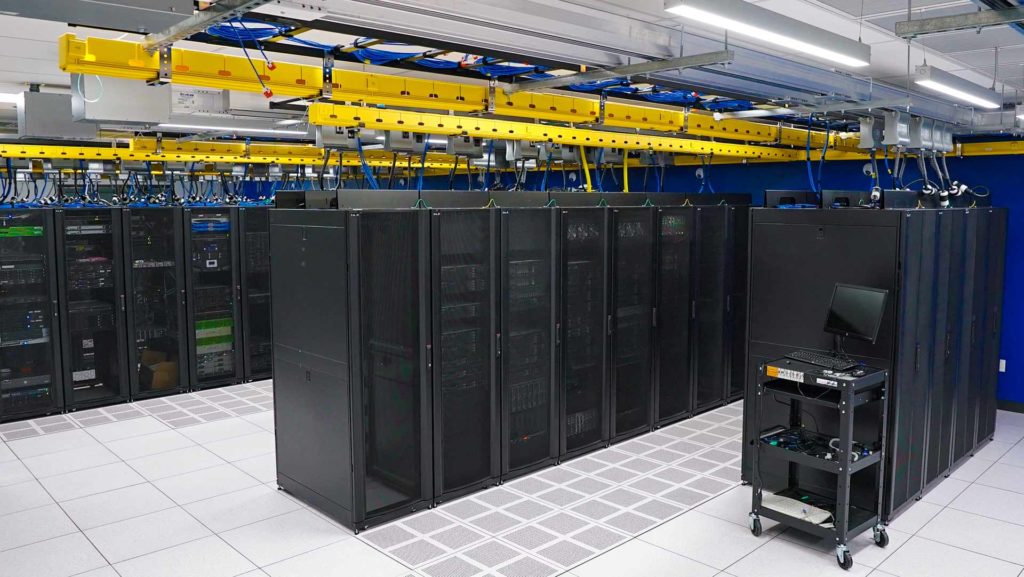Why Put Your Servers in a Tucson Data Center?

Why Put Your Servers in a Tucson Data Center?
When it comes to IT infrastructure in 2021, the hybrid model is the preferred setup. It has always been hybrid with some software running in a cloud and some software running on corporate servers. The nomenclature changed, but the concept remains the same.
The proliferation of public cloud computing systems like AWS and Microsoft Azure notwithstanding, private cloud is still going strong. Private cloud has an array of formations – colocation, hosting or VPS (virtual private servers).
In a recent survey, it was found that many businesses use over 40 software applications. Some of that software sits on a public cloud or on a SaaS provider’s servers. For example, payroll (ADP), bookkeeping (QuickBooks), email (Gmail), file storage (Dropbox), marketing (Hubspot), CRM (Salesforce) and Office 365. Yet some of the software runs on servers owned by the business or dedicated to the business.
Where to put those servers?
A CIO at a brand name casino in Las Vegas said that the closer the software was to the customer, the more likely it was sitting on their own servers.
During the pandemic, companies were migrating to cloud – and in a notable number of instances, migrating back to their own servers. Normally, these servers will sit in a colocation space in a data center, such as Login’s data center in Tucson.
Why did they move back? Cost and Control.
If you are going to run your servers, where are you going to run them? Some businesses run their own servers in their office. In fact, a number of law firms did that before the pandemic. They quickly realized that the best place for them is a data center – in any formation – colocation, hosted or VPS. The reason being that the data center allowed for controlled access, five nines of uptime, and bandwidth. The bandwidth was needed to access the files on the server. Backup is another consideration that is easier in a data center than someone’s office.
Tucson may not be an NFL city, but it works well as a backup to an NFL metro – Phoenix. Login’s data center checks all the boxes. N+1? Check. Power backup? A/B UPS and A/B Generators. Multiple fiber carriers with multiple entrances as well as a carrier-diverse and geo-diverse fiber optic ring between Login’s Tucson and Phoenix points of presence allow for seamless realtime mirroring of your business critical data
If you are Tucson based, it makes sense to leverage the locally owned data center. Originally built to be a TV station in the 1980s, Login recently renovated 80% of the building to create the newest datacenter in Tucson and throughout Southern Arizona.
Any business looking for a secondary data center, especially those utilizing Phoenix, San Diego and Albuquerque data centers should consider Tucson. It is close enough to drive up if you want to yet far enough away to be a disaster planning site. And it has all of the boxes checked! Call today for more information!
